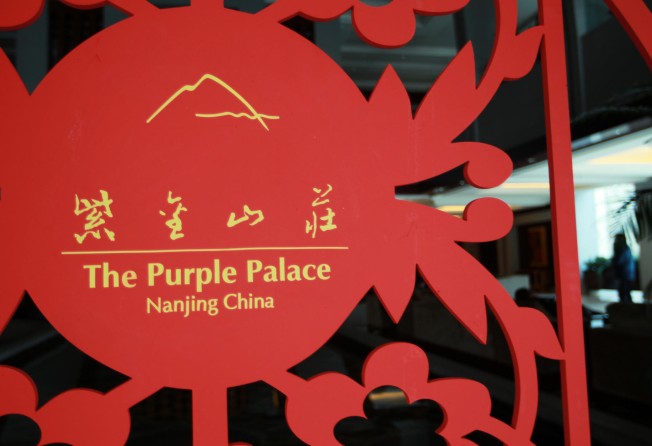Nanjing talks to open new era of cross-strait ties
First summit of government officials from Beijing and Taipei in six decades will likely set stage for more meetings between old rivals

Relations between Beijing and Taipei are expected to enter a new era today when representatives from both governments begin a landmark summit in Nanjing .
It promises to be the first time since the end of the civil war in 1949 that government officials from the two sides will talk face to face in their official capacities.
Zhang Zhijun of the State Council's Taiwan Affairs Office was due to meet Wang Yu-chi, the chairman of Taiwan's Mainland Affairs Council, which oversees cross-strait polices, at the Purple Palace Hotel in the former capital.
"Both sides are expected to exchange views on setting up a mechanism for direct communication between the two bodies, protecting freedom of the press and ensuring a balanced flow of news and information across the strait," a Mainland Affairs Council spokeswoman said.
Wang was also likely to raise issues including both sides setting up representative offices, allowing family visits to Taiwanese being held in custody on the mainland and medical care for Taiwanese students studying across the Taiwan Strait.
The spokeswoman said Wang would not raise the question of a possible landmark summit between President Xi Jinping and Taiwanese President Ma Ying-jeou and it was up to mainland officials if they wanted to discuss the topic.
Taiwanese commentators said the summit was of huge importance for Ma who is eager to leave a legacy of improved cross-strait relations when his tenure in office ends in May 2016. He came to power in 2008 pledging to forge closer ties with the mainland.
Wang and his 20-member delegation composed of mainly officials from his council will visit the Sun Yat-sen Mausoleum in Nanjing tomorrow, attend a seminar in Shanghai and visit a radio station on Thursday before returning to Taiwan on Friday. Mainland Affairs Council officials said Wang would expect reciprocal and dignified treatment from his hosts during his four-day trip on the mainland.
Analysts said the talks would not be easy for Wang, given Beijing's cautious attitude and the pressure from the pro-independence camp in Taiwan that he was not to "belittle" the island during his mainland's visit.
Taiwanese media have reported that Beijing has demanded that there be no mention of Taiwan's official name, freedom, democracy, human rights and the term "president" during Wang's meeting with Zhang.
"The two are not expected to touch on highly-sensitive political issues, though the meeting itself is highly political in nature," said Yan Anlin , director of Taiwan, Hong Kong and Macau studies at the Shanghai Institutes for International Studies. At the very least, the meeting would usher in a new era of official contact by establishing a mechanism for future visits, he said.
Nanjing served as the capital of the Republic of China from 1927 until the Communists founded the People's Republic of China in 1949, although the Nationalist government had decamped to Chongqing during the Japanese invasion.
Formal cross-strait contacts were first established during talks between two semi-official bodies in Singapore in 1993. Koo Chen-fu, the chairman of Taiwan's Straits Exchange Foundation met Wang Daohan of the mainland's Association of Relations Across the Taiwan Straits.